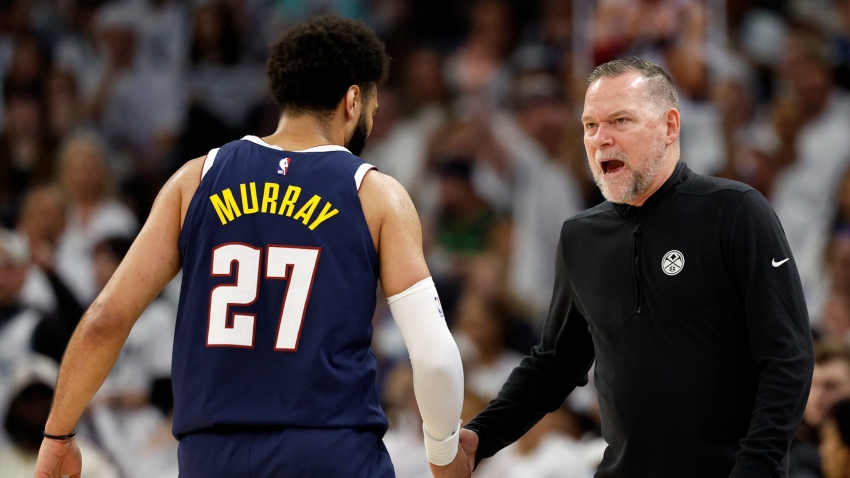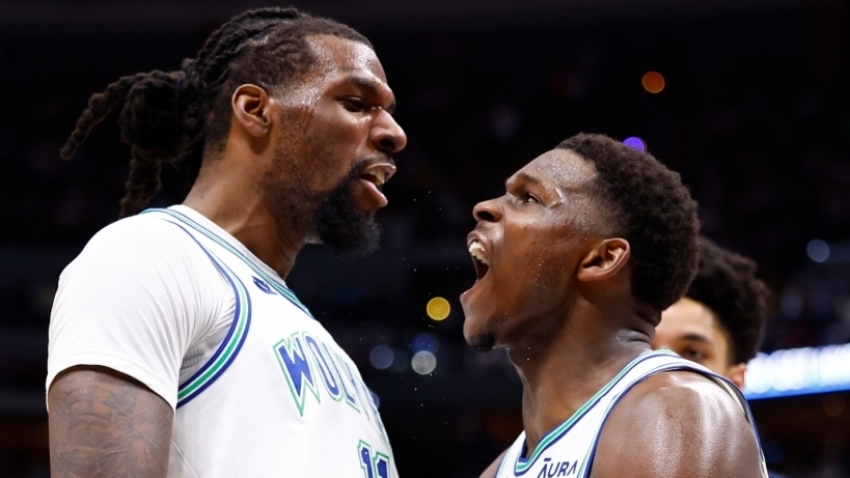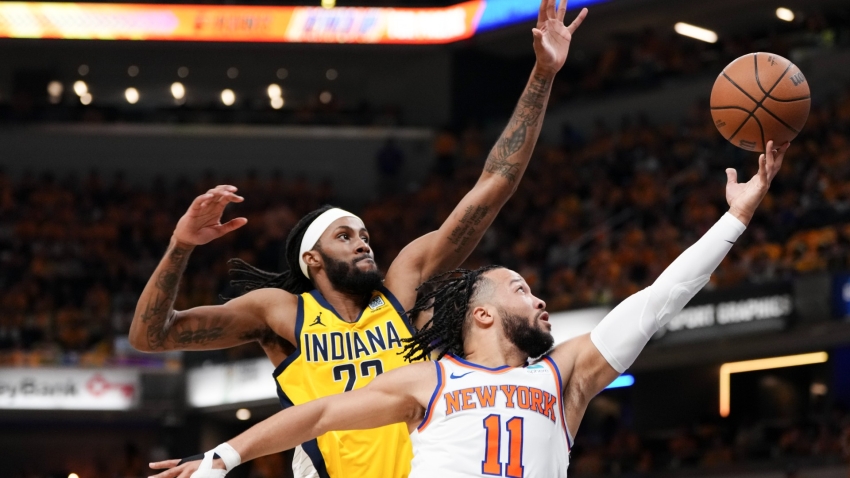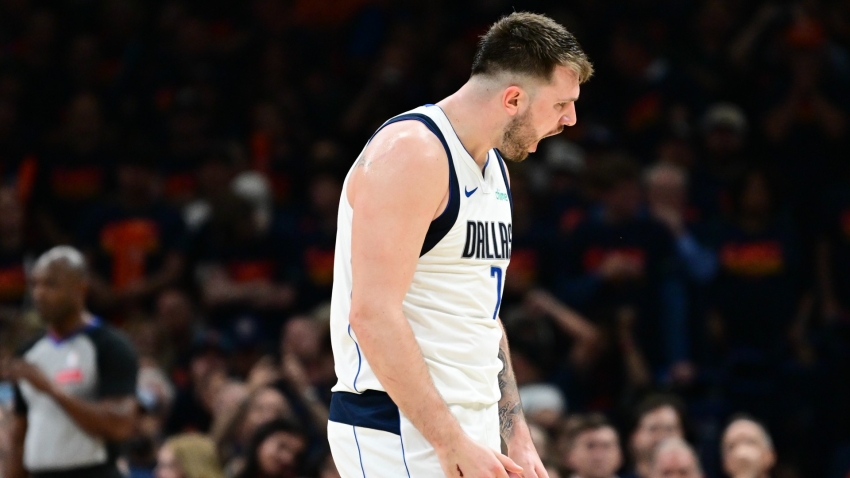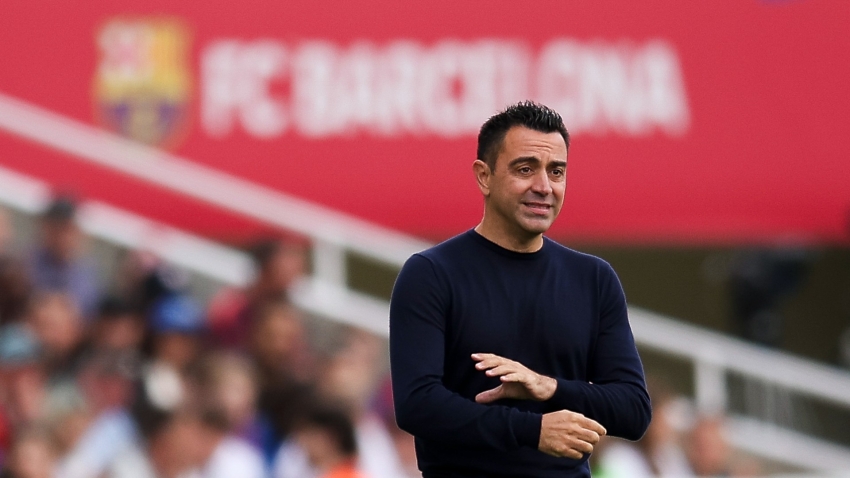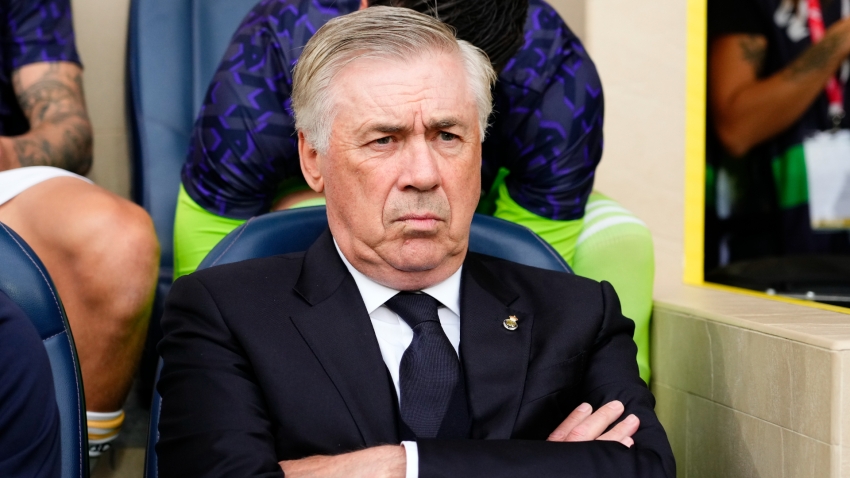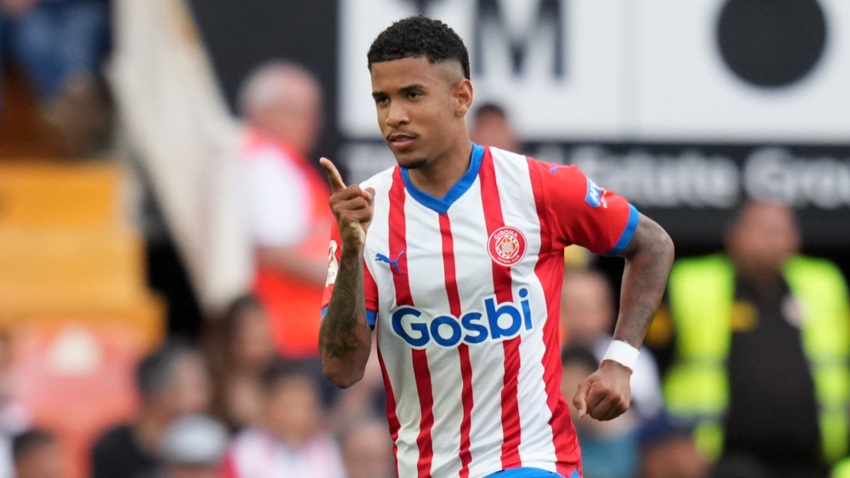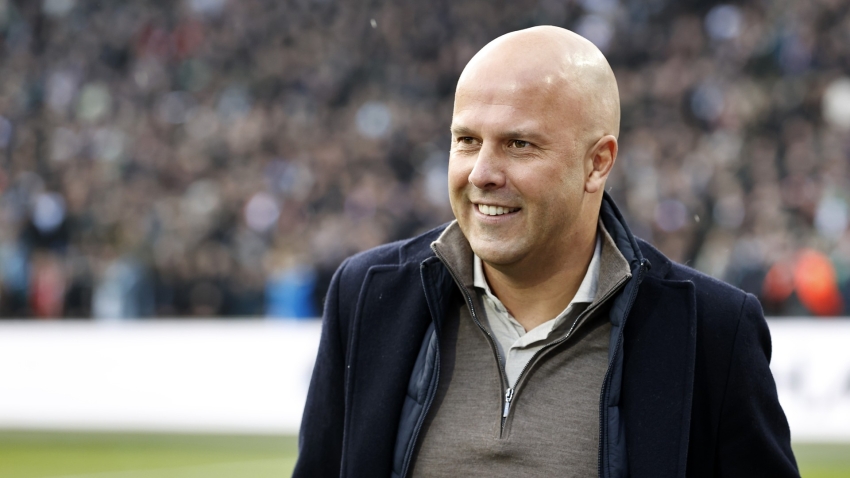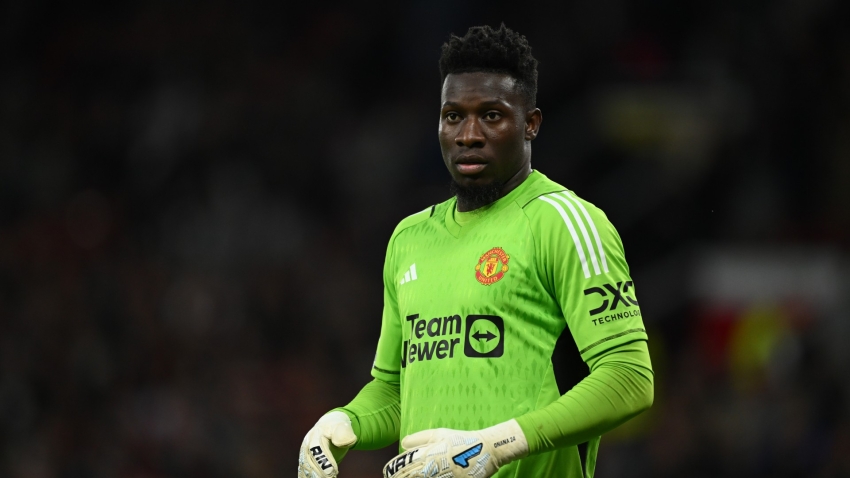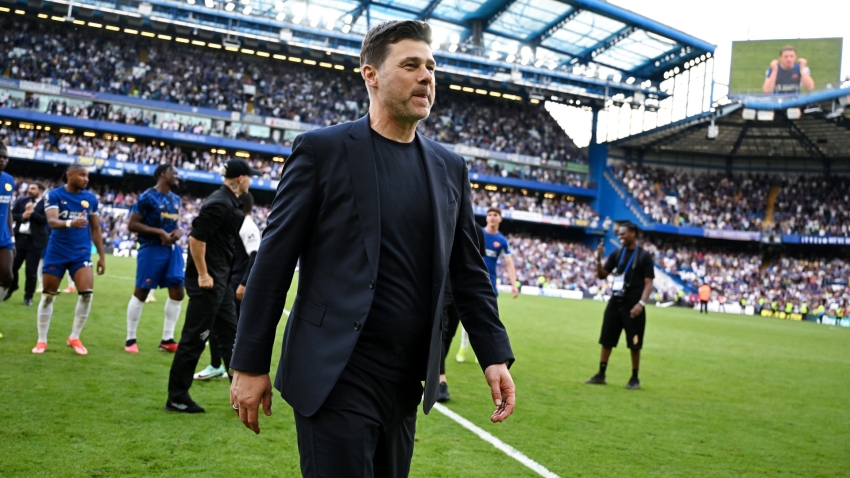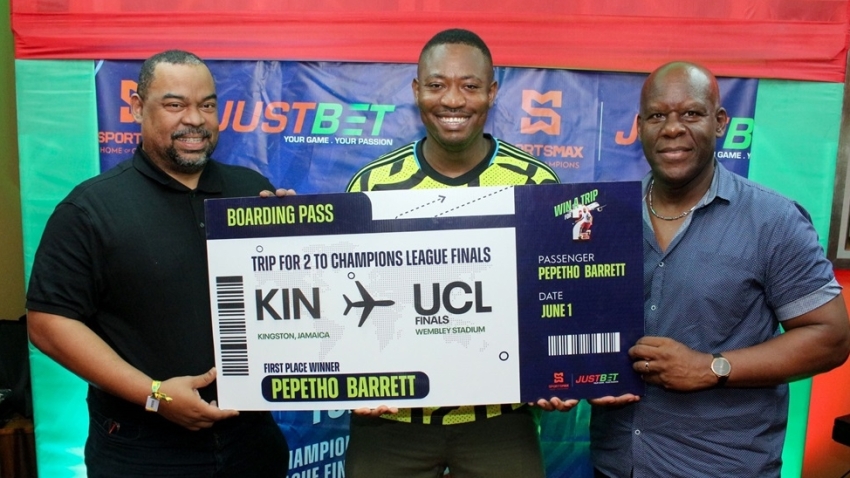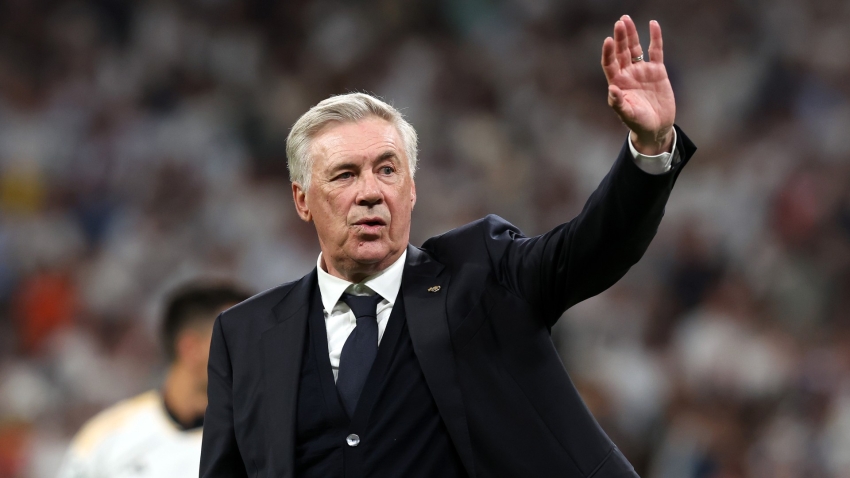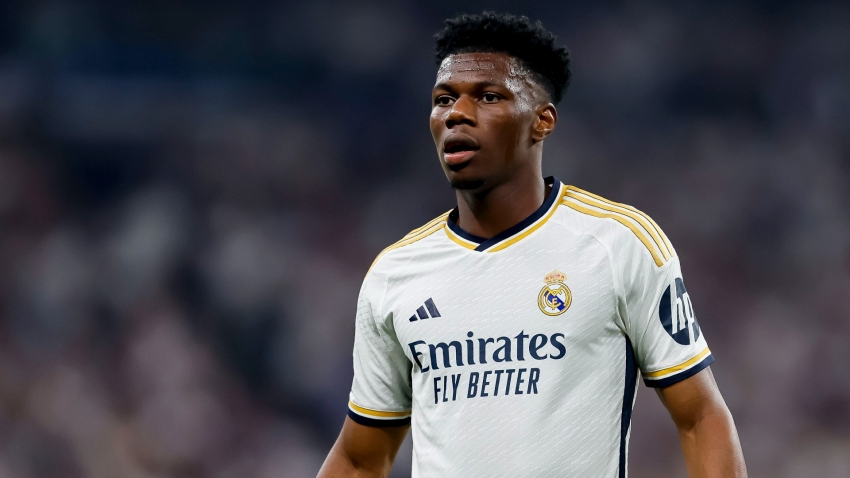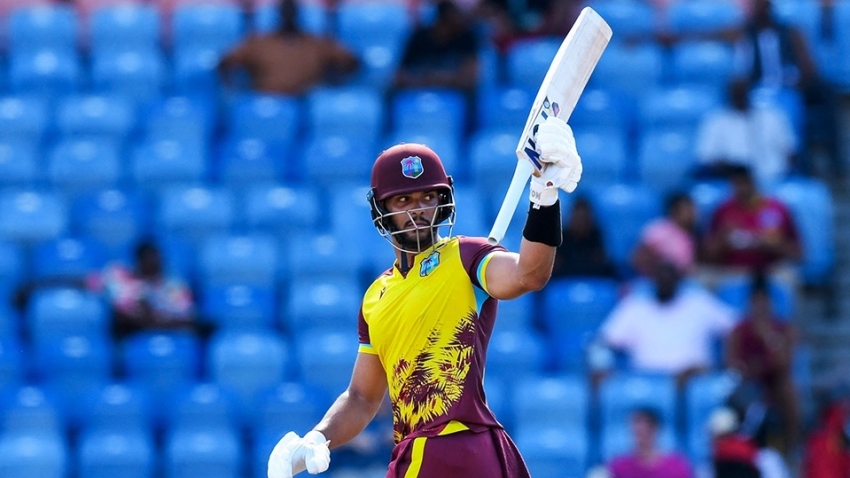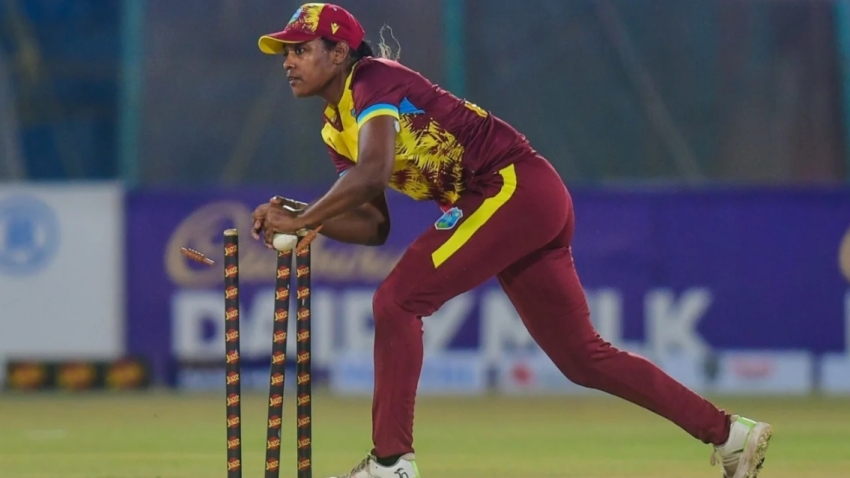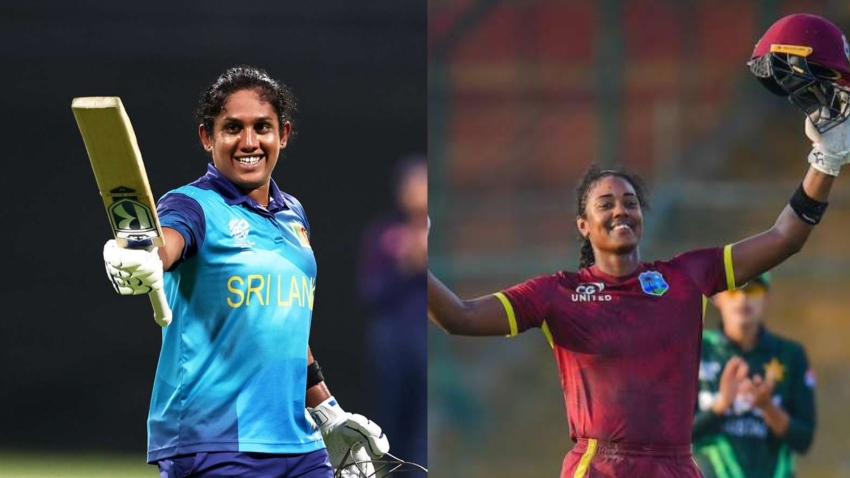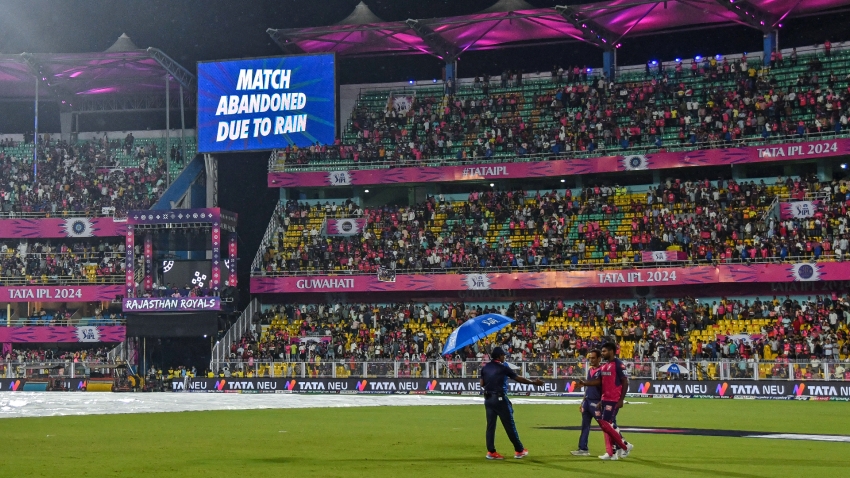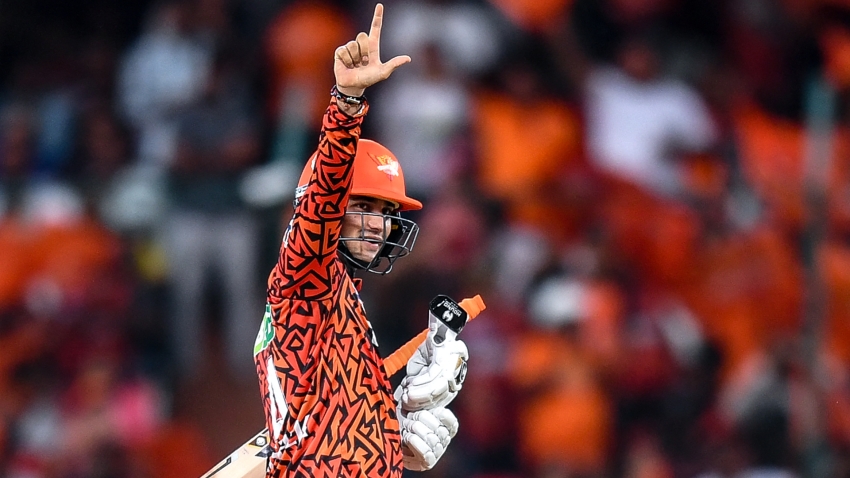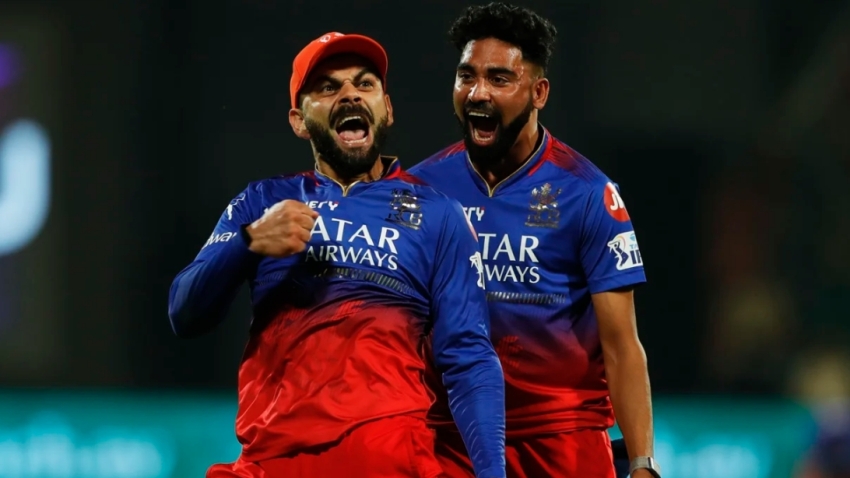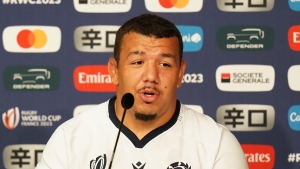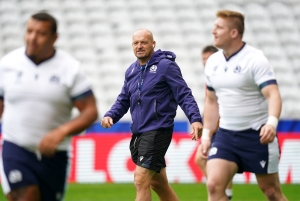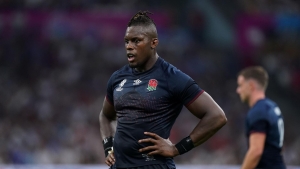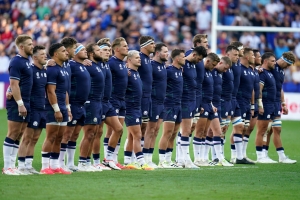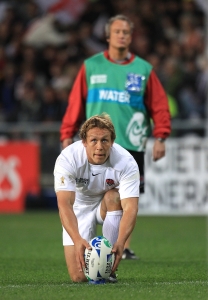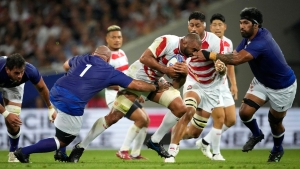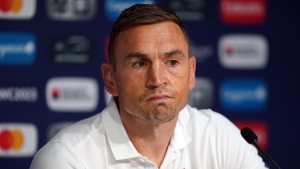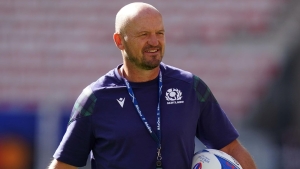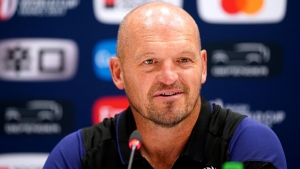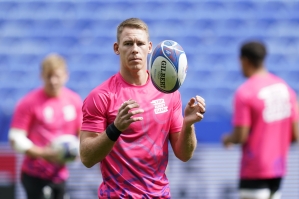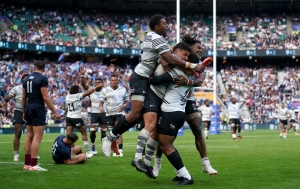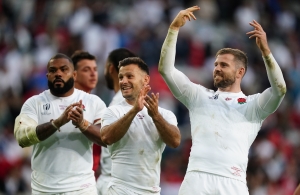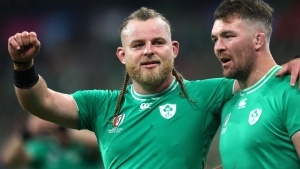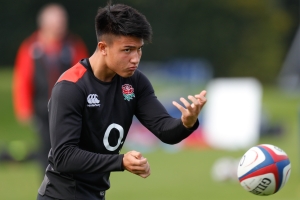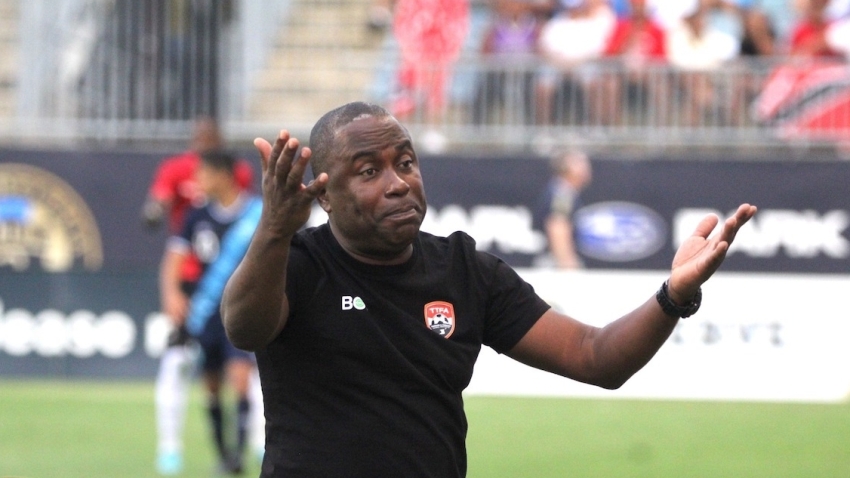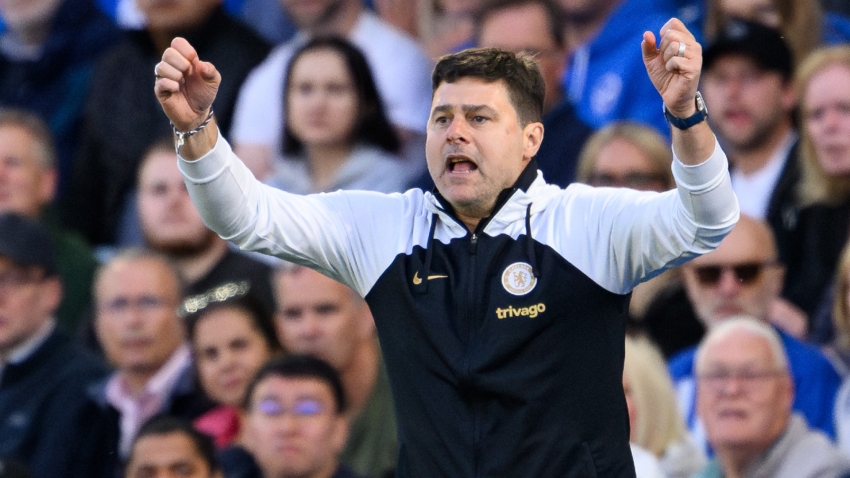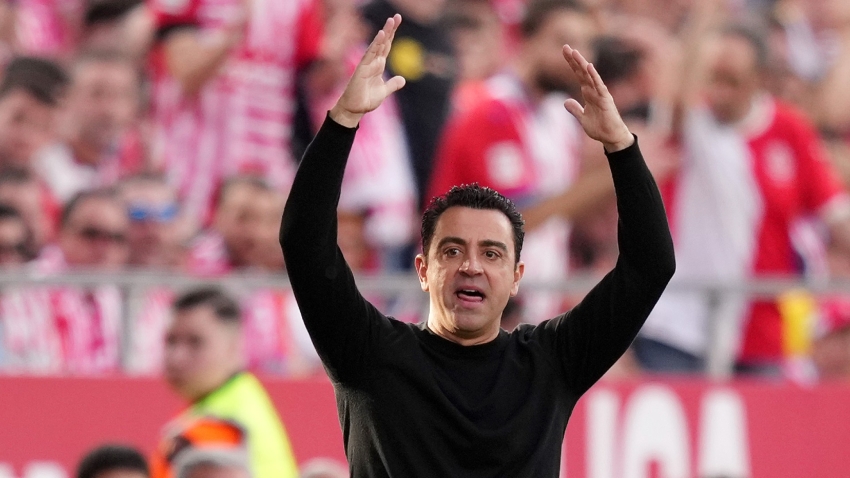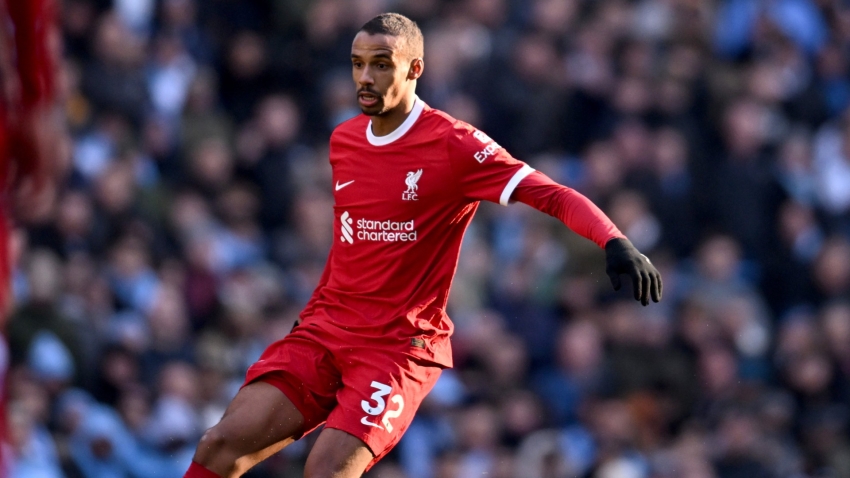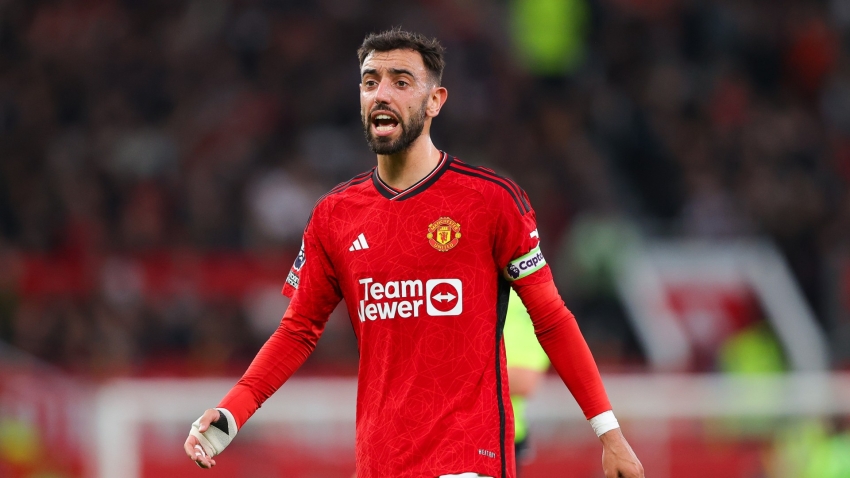Gregor Townsend has called on his Scotland stand-ins to seize their chance to impress against Romania on Saturday and play their way into contention for involvement in what is shaping up to be a box-office showdown with Ireland.
The head coach has made 13 changes to his starting XV for the must-win match against the Pool B minnows in Lille this weekend, preserving several big guns including Finn Russell, Duhan van der Merwe, Jack Dempsey, Zander Fagerson and Sione Tuipulotu for a Paris meeting with the Irish that is likely to decide whether the Scots progress to the quarter-finals.
Javan Sebastian – with six caps as a substitute – will make his first start for Scotland, and the recently-recruited Edinburgh prop will be joined in the XV by his new club-mates Luke Crosbie, Hamish Watson and Ben Healy, who are also getting their first game time of this World Cup.
Lock Grant Gilchrist will captain the side in the absence of Jamie Ritchie, who is still on track to return against Ireland as he progresses through his return-to-play protocols after suffering a head knock against Tonga last weekend.
Townsend said that this weekend’s match is “absolutely” an opportunity for players to secure a spot in the 23 for the Ireland match.
“It’s hard when you’re training to show what you can do at the World Cup,” he said. “We put a lot on what players have done for us in the past and players have been training well, so we know they are in really good physical shape.
“But the best way to influence selection is to play well. The performance against Tonga was an improvement on South Africa and we’re looking to get better than we were against Tonga. This group have the opportunity to do that now.
“Saturday will be hugely influential. We’ve gone with a similar team now for four or five games. There have been one or two changes here or there, but within that the core of that group have played since the France home game (in early August).
“But the other players have an opportunity and they know this is the final opportunity they will get before we play Ireland.
“The decisions before South Africa, before Tonga, and going back to before the France home and away games, were tight already in a few positions, so if players play well it will be a much longer selection meeting on Monday night, I’m sure.”
Townsend feels Wales-born prop Sebastian, 29, has earned his first start after making a big impact on the squad since his debut two years ago.
“I think he’s probably been our most improved player throughout our summer camp,” said the head coach. “He’s worked really hard to get himself in a position where he can contribute physically outside of the scrum and he’s shown that in training.
“He’s actually won ‘trainer of the week’, or ‘mav (maverick) of the week’ as we call it. That’s something that’s voted for by the players and they’ve been really impressed by what he’s done in training.
“I felt the way he played against France in Saint-Etienne (as a replacement in August), both in the tight and the loose, showed that he was a player that’s got skills and can move well. He’s a very good rugby player. But the most important thing is his fitness. He’s the fittest he’s ever been.”
Romania have been annihilated in their first two pool games, losing 76-0 to Ireland and 82-8 against South Africa. Townsend is unfazed by the expectation on his side from outside the camp to deliver a similarly emphatic win.
“There’s always pressure or expectation when you play for Scotland,” he said. “You know you’re going to have to play your best rugby, that’s what that jersey demands of you.
“It will be a different game to what most of these players are used to. It’s not a Six Nations game and there will be a different way of defending.
“Sometimes we will have a lot of ball, and sometimes we will make mistakes because it’s the first time this team has gone out together, so the important thing is focusing on each moment and us playing as a team, and doing the work off the ball. Get that bit right and our game should flow much more on the back of that.”
Townsend revealed he has had discussions with World Rugby since his strong condemnation of the decision not to show a red card to Tonga’s Afusipa Taumoepeau for a dangerous high tackle on Ritchie last Sunday, a fortnight after he had been similarly critical of the decision not to send off South Africa’s Jesse Kriel for head-on-head contact with Dempsey.
“Yes, and I’m happy with the feedback process,” he said. “Obviously, I was very frustrated and disappointed with the actions at the time, and it wasn’t the only time I’ve experienced that in this World Cup, but you’ve got to move on from it.
“We’ve spoken to the officials of World Rugby around it and those are private discussions.”


